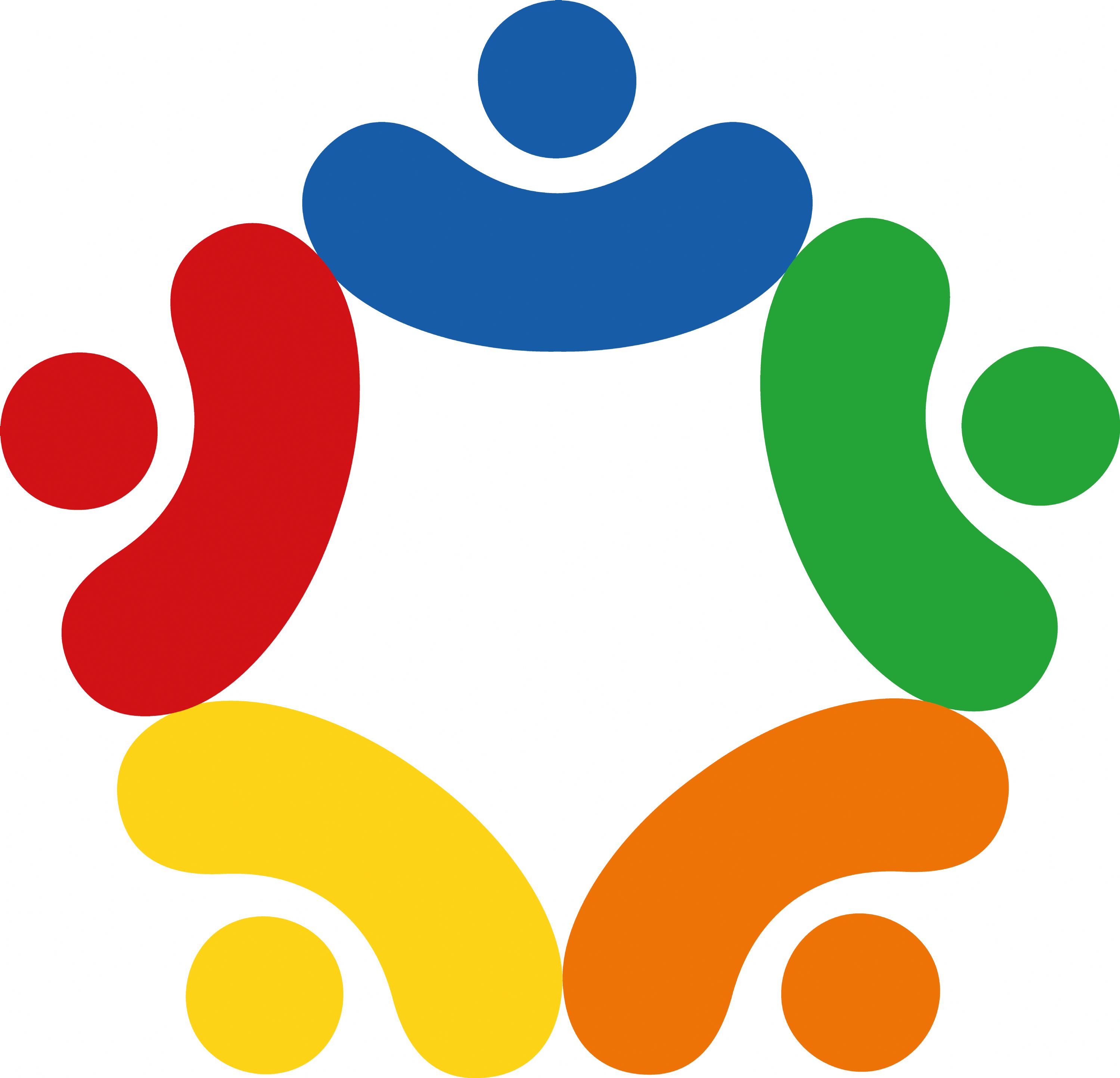English
“A reader lives a thousand lives before he dies . . . The man who never reads lives only one.” - George R.R. Martin
Subject Leader: Amy Brown & Joanne Honeybone
Link Governor: Robert Shrimpton
At Christ Church New Malden, we want every child to be able to read, write, speak and listen well. To be masters of each of these elements of language ensures that children have the ability to listen to what is being said; to read facts, stories and opinions as well as understand them; and then have the words and confidence to think and respond to them.
We want to develop readers and writers who enjoy the process: immersing themselves in other worlds through a love of reading; playing with words through poetry; chewing over what makes a good piece of writing as they analyse and then write their own texts; and using drama or debate to talk about and get inside characters or events presented through different texts before going on to create their own. More importantly, on the path to becoming readers, writers, listeners and orators, we want to give all children the skills to try everything: even if they do not feel confident in their own abilities.
To ensure this happens, we have created an English Curriculum that is creative and thought-provoking through making cross-curricular links wherever possible. We present children with choices in how they would like to develop their independent writing; yet we also take a flexible approach to allow for changes that suit each particular cohort or events affecting the lives of the children in our care.
